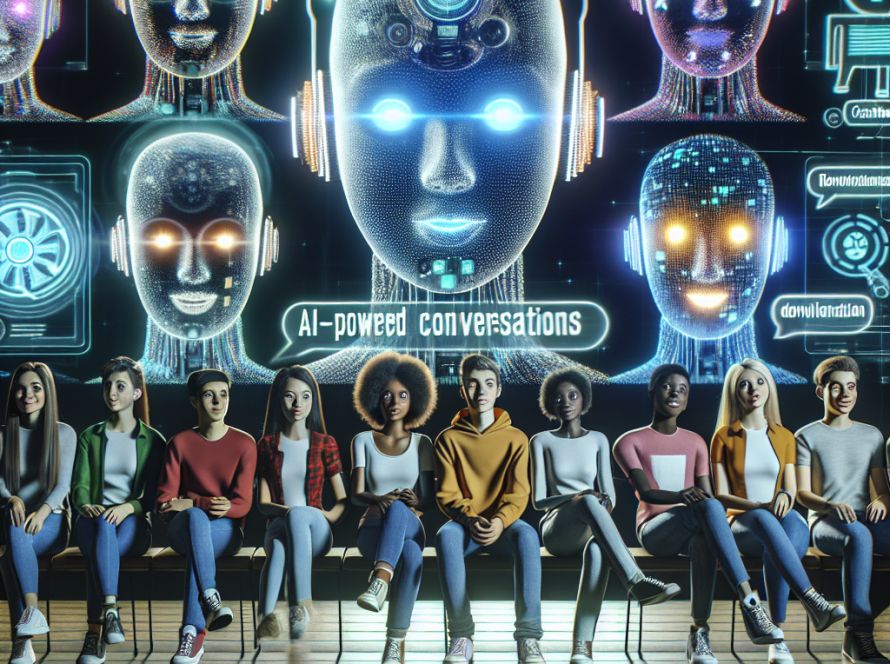Today, the UK Supreme Court has delivered a momentous ruling that will shape the future of artificial intelligence. The court has declared that AI systems cannot be legally recognized as inventors, thereby reaffirming the traditional view that inventors must be human beings.
Dr. Stephen Thaler, a US technologist, challenged the Intellectual Property Office (IPO) after it refused to list his AI creation, DABUS, as the inventor of two patents. Despite DABUS reportedly devising innovations, including a new type of food container and a light beacon, the IPO maintained that an AI cannot be an inventor as it is not a person. This decision was consistently upheld through various levels of the judiciary, culminating in the Supreme Court’s final verdict.
Lord Kitchin, representing a unanimous panel of five justices, pronounced that DABUS is not a person and therefore cannot be an inventor. He highlighted the AI’s lack of legal personhood and independent inventive capability, and reiterated that owning an AI does not grant one rights to inventions it may generate. This ruling reaffirms the law that patents, meant to protect new, inventive, and usable inventions or technical processes, are reserved for human creators, while also prompting a broader discussion on the future role of AI in innovation.
The implications of this ruling are far-reaching, as it arrives amid increasing global interest in AI’s capabilities and its legal and ethical implications. AI-generated art, automated writing tools, and even AI-generated death predictions are just some examples of the boundaries being tested. This ruling underscores our society’s evolving debate around AI, and will undoubtedly shape our discussions and decisions in the years to come.

